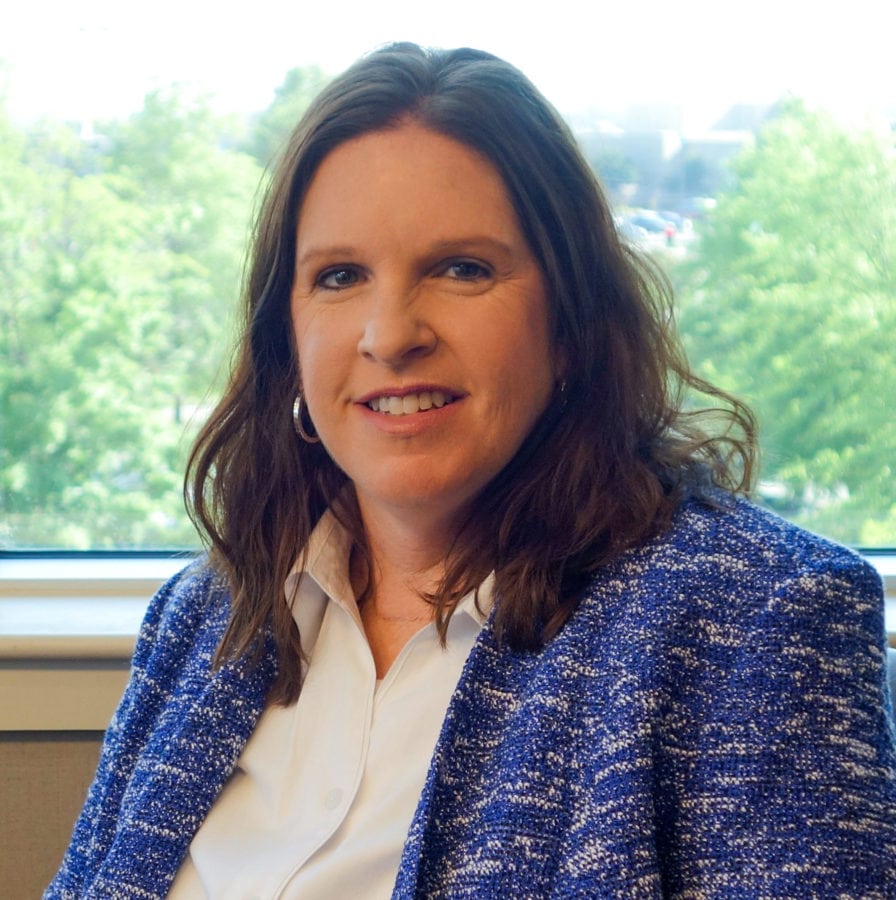
All words have meaning. To complicate matters, what a word means to someone who works one cubicle over may be very different than what it means to me, or even the original “dictionary” definition. Which brings us to why it is so important to choose our words wisely.
At this point, maybe some of you are thinking that we’ve become too sensitive as a society, and there may be some truth to that, but before you dismiss this topic, hear me out.
When I was growing up, the phrase “retarded” was commonly uttered. We weren’t trying to make fun of those with a disability – although indirectly it did – but rather to use it in place of stupid or dumb. Since hindsight is always 20/20, today I cringe at how that word was a fabric of my vocabulary for many years. As I matured, the use of the word slowly started to fade.
As I entered into the field of human resources, I really learned how impactful that particular word really was as an employee had to fill out an insurance coverage waiver and it specifically asked if the over-26 dependent child was “retarded.” I’m not making that up – the form from the carrier actually used that word. When I saw the impact the word had on an actual person I cared about, that term was no longer acceptable.
Our word choices can define how others view us, especially those who are in a position of management or authority. If a manager’s everyday office vernacular involves words of the four-letter variety, do we expect direct reports to use anything else? There cannot be a double standard here. And, just because no one complains about a word choice, does not mean it’s acceptable. When it comes down to it, using inappropriate language doesn’t give you credibility or provide better emphasis.
We are, or should be, better than bad vocabulary choices. Words have meaning and the meaning can vary from person-to-person. I work in the construction industry where four-lettered words – and variations – are thrown around regularly. Do they need to be? I think we get the same, or even better, results talking to our subcontractors and partners respectfully. One thing is certain: to proactively head the issue off at the pass, we must minimize the use of potentially inflammatory words at work and know our audience.
The ancient monk Buddha is attributed with saying, “Whatever words we utter should be chosen with care for people will hear them and be influenced by them for good or ill.” Remember the old adage you are what you eat? Well, it applies here as well. We become what we speak – choose your words wisely.
 As Senior Vice President of People, Heather is a member of the executive team, providing leadership to departments within the corporation that directly impact EMJ’s culture, including benefits, learning and recruiting. Heather has more than 20 years of experience in employee resources-related fields. She is a national member of the Society for Human Resources Management (SHRM) and is designated as both a SHRM Senior Certified Professional (SHRM-SCP) and a Senior Professional in Human Resources (SPHR). Heather is a DDI-certified trainer and an accomplished speaker. She lives in Chattanooga with her husband and three children.
As Senior Vice President of People, Heather is a member of the executive team, providing leadership to departments within the corporation that directly impact EMJ’s culture, including benefits, learning and recruiting. Heather has more than 20 years of experience in employee resources-related fields. She is a national member of the Society for Human Resources Management (SHRM) and is designated as both a SHRM Senior Certified Professional (SHRM-SCP) and a Senior Professional in Human Resources (SPHR). Heather is a DDI-certified trainer and an accomplished speaker. She lives in Chattanooga with her husband and three children.
